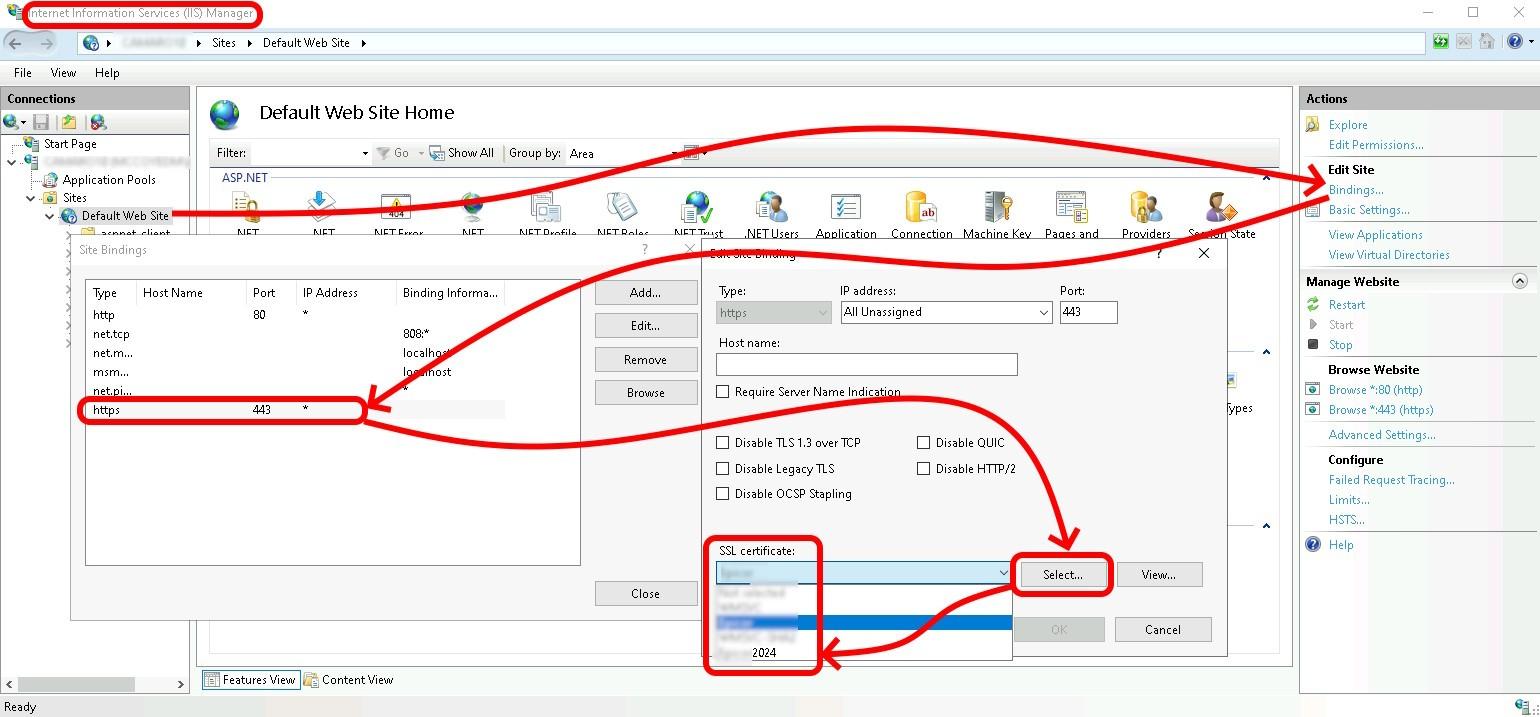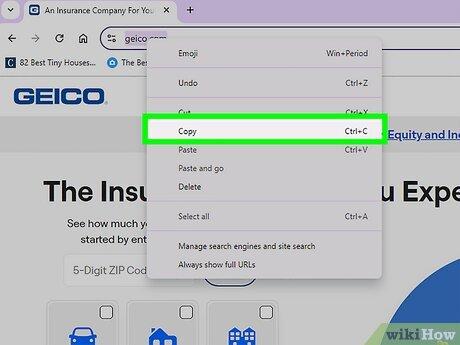How to Renew Your SSL Certificate in 3 Simple Steps: A Swift Guide to Keeping Your Website Secure
Hey there! If you’re reading this, chances are you’re aware of the importance of SSL certificates in keeping your website secure and building trust with your visitors. But what happens when that shiny green padlock starts to fade because your SSL certificate is about to expire? Don’t panic! Renewing your SSL certificate is simpler than you might think, and I’m here to walk you through the process in just three easy steps. Whether you’re a seasoned website owner or just diving into the world of digital security, this guide will help you understand why renewing your SSL is crucial and show you how to do it efficiently. Let’s dive in and ensure that your website remains a safe haven for your users!
Understanding the Importance of SSL Certificates for Your Website
When it comes to securing your website, SSL certificates play a vital role in ensuring both the safety of your data and the trust of your visitors. These digital certificates authenticate your websiteS identity and enable an encrypted connection between the user’s browser and your server. Without SSL, sensitive facts like credit card numbers and personal details could perhaps be intercepted by malicious actors.
Here are some key reasons why SSL certificates are essential:
- Data security: SSL encryption protects sensitive data during transmission.
- Trust and Credibility: Websites with SSL certificates display trust indicators, such as a padlock icon, which builds user confidence.
- SEO Benefits: Google gives preference to HTTPS websites, which can improve your search engine rankings.
- Compliance Requirements: Many regulatory frameworks require websites that handle sensitive customer data to use SSL.
Renewing your SSL certificate is crucial to avoid disruptions in service and maintain the trust of your audience.An expired certificate can lead to browser warnings that deter visitors, potentially costing you traffic and revenue. Consistent renewal also ensures that you stay up-to-date with the latest security protocols and encryption standards, enhancing the protection your website offers.
To illustrate the importance of timely SSL certificate renewal, consider the following table:
| Renewal Status | Impact on website |
|---|---|
| Active | Full trust from users, secure transactions |
| Near Expiry | Warning signs may appear, trust begins to wane |
| Expired | Blocked access for users, significant trust loss |
understanding the importance of SSL certificates and ensuring their timely renewal is not just a technical necessity; it’s an essential aspect of maintaining your online presence. By taking proactive steps to renew your SSL certificate, you not only protect your website from potential threats but also reinforce your commitment to providing a secure and trustworthy experience for your visitors.
Recognizing the Signs That Your SSL Certificate Needs Renewal
Ensuring that your SSL certificate is up to date is crucial for maintaining the security and trustworthiness of your website. Here are some indicators that it might be time for a renewal:
- Expiration Date Approaching: Always monitor the expiration date of your SSL certificate. Most certificates are valid for one to two years, and receiving reminders from your certificate authority can definitely help keep you informed.
- Browser Warnings: If users are encountering warnings about your site being “not secure,” this is a strong sign that your SSL certificate may have expired or is misconfigured.
- Changes in Your Domain: If you have recently changed your domain name or made significant changes to your web hosting provider, you may need to renew or reissue your SSL certificate.
- Security Protocol Updates: If your hosting provider has upgraded their security protocols, ensuring your SSL certificate meets these standards is essential. Outdated certificates may not comply.
It’s not just about renewals; it’s about maintaining the integrity and security of your online presence. Here’s a table summarizing key signs to look out for:
| Sign | Action to Take |
|---|---|
| Expiration Date Near | Prepare for renewal at least a month in advance. |
| Browser Warnings | Investigate the cause and renew or reinstall the certificate. |
| Domain Changes | Consider reissuing the SSL certificate for the new domain. |
| Protocol Upgrades | Check compatibility and renew if necessary. |
By being proactive and recognizing these signs early, you can avoid potential disruptions and ensure that your users feel secure when interacting with your site. The peace of mind that comes from a valid SSL certificate is worth the effort!
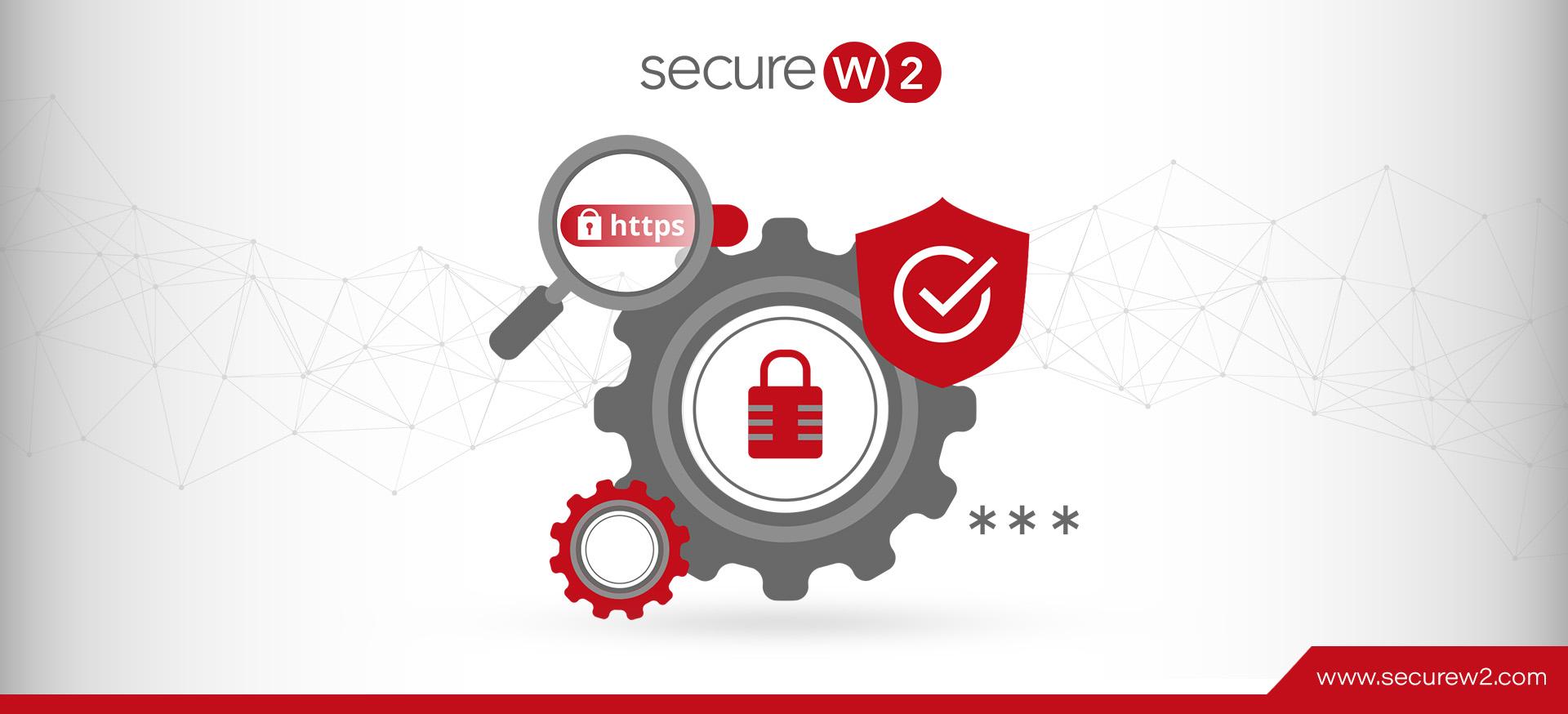
Preparing for the Renewal Process: What You Need to Know
When it comes to SSL certificate renewal, understanding the process is key to ensuring a seamless transition. Failing to renew your certificate on time can lead to your website displaying security warnings, which can deter visitors and damage your reputation. To prepare for the renewal process, it’s essential to have a clear plan in place.
Here are some vital steps to consider:
- Track Expiration Dates: Set reminders well in advance of your certificate’s expiration date. Most certificates are valid for one or two years, so having a calendar alert can be a lifesaver.
- Gather Documentation: Ensure you have all necessary documentation at hand, including the original certificate information and any required validation details.This can speed up the renewal process considerably.
- Choose the Right time: Try to initiate the renewal process during off-peak hours to avoid any potential disruptions to your website. This is particularly important for high-traffic sites.
To further assist you, here’s a simple table outlining the common types of SSL certificates and their typical renewal timelines:
| Type of SSL Certificate | Validity Period |
|---|---|
| Domain Validated (DV) | 1-2 Years |
| Institution Validated (OV) | 1-2 Years |
| Extended Validation (EV) | 1-2 Years |
Lastly, always double-check that your new certificate is installed correctly and that your website is configured to use HTTPS. Regular testing of your SSL status can definitely help you catch any issues before they become a problem.
By proactively preparing for the renewal process, you can save yourself from potential headaches and ensure your website remains secure and trustworthy.Stay ahead of the game, and your visitors will thank you for it!
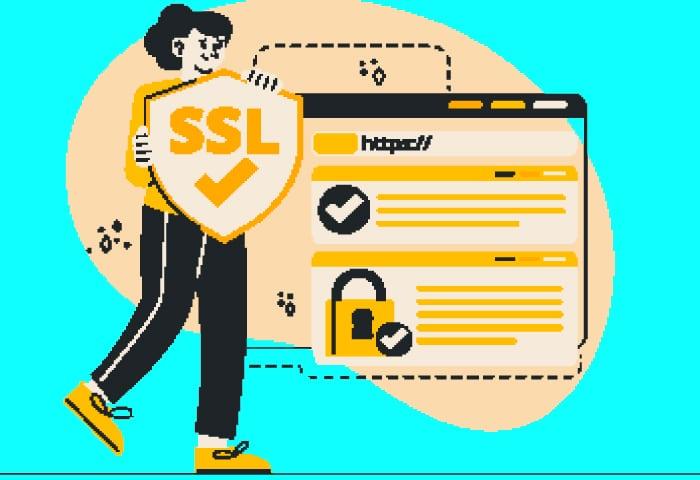
Step-by-Step Guide to Renewing Your SSL Certificate
Renewing your SSL certificate doesn’t have to be a daunting task. Follow these straightforward steps to ensure your website stays secure and trusted by users.
Step 1: Check Your Certificate expiration Date
Before diving into the renewal process, it’s essential to know when your current SSL certificate expires. You can easily check this using your web browser:
- Click on the padlock icon in the address bar.
- Select “Certificate” or “View Certificate.”
- Look for the “Valid Until” date to determine your expiration.
It’s best to start the renewal process at least 30 days before the expiration date to avoid any lapse in security.
Step 2: Choose a Renewal Option
Now that you know when your SSL certificate expires, it’s time to choose how you want to renew it. Here are a couple of options:
- Renew with Your Current Provider: This is often the most straightforward choice. Just log into your account and follow their renewal process.
- Switch Providers: If you’re unhappy with your current provider, research and select a new one offering better features or prices. Compare their SSL certificates to find the right fit for your needs.
Step 3: Complete the Renewal Process
Once you’ve decided on a renewal path, follow the specific steps laid out by your provider. This usually involves:
- Submitting a Certificate Signing Request (CSR), if required.
- Verifying your domain ownership via email or DNS records.
- Installing the renewed certificate on your server.
To make things easier, refer to a simple table highlighting the key steps:
| Action | Details |
|---|---|
| Check Expiration | Use browser tools to find the expiry date. |
| Choose Provider | Decide between renewing or switching. |
| Complete Renewal | Follow provider instructions to renew. |
With these steps, renewing your SSL certificate can be a breeze, keeping your site secure and your visitors safe. Don’t wait until the last minute—stay on top of your SSL management!
Choosing the Right SSL Certificate Provider for Your Needs
When it comes to SSL certificates, choosing the right provider is crucial for ensuring the security and trustworthiness of your website. Not all SSL certificate providers are created equal, so it’s essential to consider a few key factors before making your decision.
Reputation and Trustworthiness: First and foremost, you want to select a provider with a solid reputation in the industry. Look for companies that are widely recognized and have been in the buisness for a significant amount of time. User reviews and expert recommendations can provide invaluable insights into a provider’s reliability.
Types of Certificates Offered: Different websites have different needs when it comes to SSL certificates. Consider whether you need a single domain SSL, a wildcard certificate, or a multi-domain option. Ensure that your chosen provider offers the type of certificate that best fits your requirements.
Customer support: The level of customer support offered by an SSL certificate provider can make a significant difference, especially during the renewal process. look for providers that offer 24/7 support through various channels, such as live chat, email, or phone. This can help you resolve issues quickly and efficiently.
Pricing and Value: While it can be tempting to go for the cheapest option available, it’s critically important to weigh the cost against the value received. Some providers may offer lower prices but lack essential features or support. Compare different providers to ensure you’re getting the best deal for your investment.
Additional Features: Some SSL certificate providers offer extra features that can enhance your website’s security and performance. These may include tools for vulnerability scanning, website security seals, or even extended validation options that can improve customer trust. Consider what additional benefits might be relevant for your website.

Common Mistakes to Avoid When Renewing Your SSL Certificate
Renewing your SSL certificate is crucial for maintaining the security and trustworthiness of your website, but there are several common pitfalls that can lead to unnecessary complications. Recognizing these mistakes can save you time,money,and headaches down the line.
One of the most prevalent errors is waiting too long to renew. Many website owners assume they have plenty of time until expiration, but it’s essential to remember that the renewal process can sometimes take longer than expected. Be proactive and start the renewal process at least a month before your certificate is set to expire to avoid any lapses in security.
Another mistake is not verifying the current certificate’s details before renewal. Before you proceed,ensure that the information such as domain names,organization details,and contact information is accurate and up to date.This step is vital, as discrepancies may lead to issues in the issuance of your renewed certificate.
Additionally,many fail to choose the right type of SSL certificate during renewal. It’s common for businesses to underestimate their security needs. Take the time to assess whether a basic SSL certificate is sufficient or if an upgraded option—like an Extended Validation (EV) certificate—would better serve your organization and instill greater trust in your users.
neglecting to test the new certificate after renewal can cause significant problems. Once you have renewed and installed your new certificate, it’s crucial to check for any issues. Use tools like SSL Checker to ensure everything is functioning correctly and that your site is secure. A quick post-renewal test can prevent potential downtime and negative user experiences.
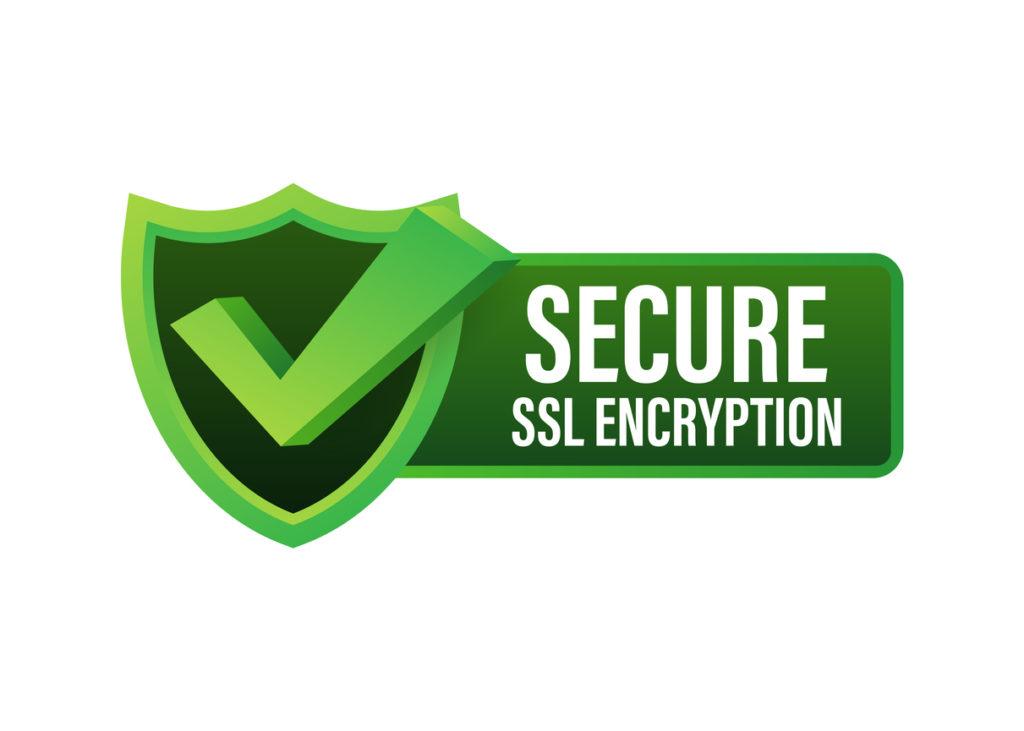
Verifying Your New SSL Certificate: Ensuring a Smooth Transition
Once you’ve successfully renewed your SSL certificate, the next crucial step is to verify that it is installed correctly. A properly functioning SSL certificate is essential for securing your website and protecting your users’ data. Here’s how to ensure everything is in order:
- Use Online SSL Checkers: Numerous online tools allow you to quickly verify your SSL certificate’s installation. Tools like SSL Labs’ SSL Test can provide detailed reports on your SSL status and identify any potential issues.
- Check for Mixed Content: Ensure that all resources on your website (images, scripts, stylesheets) are being loaded over HTTPS. Mixed content can compromise the security of your site and might lead to warnings in browsers.
- Test on Different Browsers: After installation, check your site on various browsers to ensure compatibility and that there are no warnings or errors. this step is vital for providing a seamless experience for all users.
Aside from using tools and manual checks, it’s also wise to monitor your SSL certificate’s expiration date.Keeping track of this date can prevent any unexpected downtime or security warnings for your visitors. Consider setting up calendar reminders or utilizing monitoring services that alert you before the certificate runs out.
In the event that you encounter any issues during the verification process, don’t hesitate to reach out for support. Whether it’s your hosting provider or a dedicated SSL certificate provider, they can assist you in troubleshooting and ensuring that your certificate is functioning correctly.
Lastly, remember to update your website’s configuration files if necessary. This might include updating your .htaccess file to enforce HTTPS redirects and ensure that visitors are always accessing the secure version of your site. This small step can significantly enhance your site’s security and user trust.
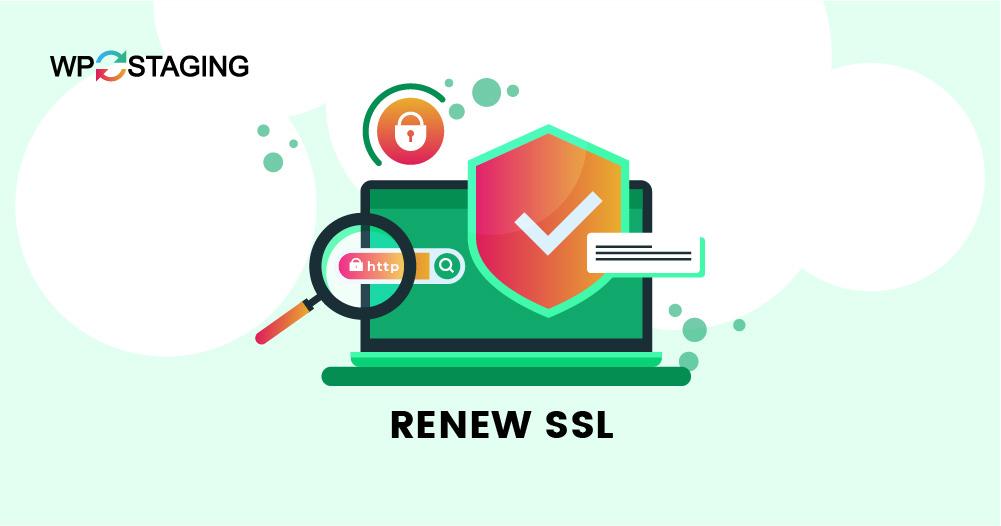
The Benefits of Regular SSL certificate Renewals
Regularly renewing your SSL certificate is crucial for maintaining the security and credibility of your website. Here are some compelling reasons to stay on top of your SSL renewals:
- Enhanced Security: Each renewal gives you the chance to upgrade to the latest encryption standards, significantly improving your website’s security against potential threats.
- Trust and Credibility: An up-to-date SSL certificate signals to your visitors that their data is secure. This builds trust, which is vital for retaining customers and encouraging conversions.
- SEO Benefits: Google prioritizes sites with valid SSL certificates in search rankings. Regular renewals can help maintain your visibility and position in search engine results.
- Avoiding Downtime: Letting your SSL certificate expire can lead to website downtime, which can affect user experience and your business’s bottom line. Staying proactive ensures continuous availability.
Moreover, many SSL certificate providers offer improved features upon renewal, such as:
| Feature | benefit |
|---|---|
| Extended Validation (EV) | Higher trust with a green address bar |
| Wildcard Certificates | Cover multiple subdomains with one certificate |
| site Seals | Visual cue of security for users |
In addition to these benefits, regular renewals also ensure compliance with industry standards and regulations. As cyber threats evolve, regulatory bodies require businesses to adhere to stricter security measures.An updated SSL certificate is one way to demonstrate your commitment to protecting customer data.
the renewal process itself is often straightforward, making it easy for businesses of all sizes to maintain their security posture. By investing a little time and effort into regular renewals, you can safeguard your online presence effectively and keep your customers’ trust intact.

Troubleshooting Issues During Your SSL Renewal Process
When renewing your SSL certificate, encountering issues can be frustrating but often manageable with the right approach.Here are some common problems you might face during the renewal process, along with solutions to help you navigate these challenges smoothly.
- Domain validation Failures: One of the most common roadblocks is domain validation. If you’re not receiving the validation emails, check your domain’s WHOIS information. Ensure that the email addresses associated with your domain are correct and accessible.
- Misconfigured DNS Settings: If your DNS settings aren’t properly configured, it could lead to errors in certificate validation. Double-check that your DNS records are pointing to the correct server and that any CNAME or A records are set up accurately.
- Expired Certificates: If you attempt to renew a certificate that has already expired, you may encounter additional hurdles. Make sure to renew your SSL certificate before it expires, and if you’re past the expiration date, be prepared to generate a new CSR and undergo the validation process again.
In case you’re experiencing delayed responses from your Certificate Authority (CA), consider the following:
- Check Email Filters: Ensure that validation emails from your CA aren’t being filtered out or sent to your spam folder.
- Contact Support: If you’re still facing issues, don’t hesitate to reach out to your CA’s support team. They can provide insights specific to your situation.
- Use Choice Validation Methods: Most CAs offer multiple validation methods (HTTP, DNS, or email). if one method fails, try another.
if you run into technical errors during the installation phase, here are a few troubleshooting tips:
| Error Type | Recommended Action |
|---|---|
| Certificate Not Trusted | install the root and intermediate certificates. |
| Mixed Content Warnings | Ensure all resources are loaded over HTTPS. |
| SSL Protocol Errors | Check your server configuration and SSL/TLS compatibility. |
By being proactive and addressing these potential issues early on, you can ensure a smoother SSL renewal process. Don’t let minor hiccups derail your security efforts; resolve them quickly and enjoy the peace of mind that a valid SSL certificate provides.

Maintaining SSL Security: Best Practices for the Future
Renewing your SSL certificate is crucial for maintaining the security of your website and protecting your visitors’ data. A lapsed SSL certificate can lead to security warnings, loss of trust, and even a drop in your search engine rankings. To ensure a seamless renewal process, follow these straightforward steps:
- Check Expiration Dates: Regularly monitor your SSL certificate’s expiration date. You can use various online tools or your hosting provider’s dashboard to keep track.
- Choose a Reliable Certificate Authority (CA): When it’s time to renew, select a reputable CA that meets your needs. Consider factors like support,pricing,and the types of certificates offered.
- Complete the Renewal Process: Follow your CA’s specific instructions for renewal. This may involve generating a new CSR (Certificate Signing Request) and verifying your identity again.
When renewing, it’s also a good time to consider upgrading your SSL certificate.For instance, switching from a standard Domain Validated (DV) certificate to an Extended Validation (EV) certificate can provide enhanced security and trust signals to your visitors.
to help you decide on the best certificate type for your needs, here’s a quick comparison table:
| Certificate Type | Validation Level | Trust Level | Ideal For |
|---|---|---|---|
| Domain Validated (DV) | Basic | Low | Personal sites, blogs |
| Organization Validated (OV) | Intermediate | Medium | Business websites |
| Extended Validation (EV) | Complete | High | E-commerce, financial services |
After renewing your SSL certificate, be sure to test its installation.Use online SSL testing tools to confirm that your certificate is properly installed and that there are no vulnerabilities. Keep in mind that regular maintenance and monitoring are key components in the ongoing security of your website.
By staying proactive with your SSL renewals and understanding your security needs,you not only protect your website but also build trust with your visitors.Remember, a secure website is a prosperous website.
Frequently Asked Questions (FAQ)
Sure! Here’s a Q&A styled article about renewing your SSL certificate with a conversational and persuasive tone.
Q: Why is it important to renew my SSL certificate?
A: Great question! Renewing your SSL certificate is crucial because it ensures that your website remains secure for your visitors.An expired SSL certificate can lead to warnings in browsers, causing visitors to distrust your site. Plus, maintaining an active SSL helps with SEO rankings and boosts your credibility. You definitely don’t want to lose your hard-earned reputation!
Q: How often do I need to renew my SSL certificate?
A: Typically, SSL certificates last for one to two years depending on the certificate type and the Certificate Authority (CA) you choose.It’s good practice to renew your SSL certificate a few weeks before it expires. This gives you enough time to address any issues that may arise during the renewal process.
Q: What are the three simple steps to renew my SSL certificate?
A: It’s easier than you think! Here’s how to do it in just three steps:
- Check Your Current Certificate: Start by checking the expiration date of your current SSL certificate. You can easily do this through your web hosting control panel or by using online tools that check SSL status.
- Generate a New CSR: A Certificate signing Request (CSR) is essential for the renewal process. Most hosting providers offer a simple interface to generate a CSR. Just follow the prompts, and you’ll be ready to go!
- Submit the CSR and complete the Renewal: Once you have your CSR, submit it to your Certificate Authority (CA). After verification, they will issue your new SSL certificate. Just install it on your server following the CA’s instructions, and you’re all set!
Q: What if I encounter issues during the renewal process?
A: No worries! Most Certificate Authorities offer excellent customer support. If you face any hiccups, don’t hesitate to reach out to them. Additionally, many web hosting providers also offer assistance with SSL management, so they can help you troubleshoot any problems.
Q: Is there any way to avoid the hassle of renewing my SSL certificate?
A: Absolutely! Consider opting for an auto-renewal option if your Certificate Authority offers it.This way, you won’t have to remember to renew manually, and you can focus on what you do best—running your business!
Q: What happens if I forget to renew my SSL certificate?
A: If you forget to renew it, your website could display security warnings, which can deter visitors from trusting your site. In some cases,your site may even become inaccessible. To prevent this, set reminders on your calendar or use auto-renewal options to stay ahead!
Q: Any final tips for a smooth renewal process?
A: Definitely! keep track of your SSL expiration dates and make the renewal a part of your regular website maintenance routine.Also, ensure that your contact information with your Certificate Authority is up-to-date so you receive renewal notifications. Staying proactive will save you a lot of stress down the road!
renewing your SSL certificate doesn’t have to be a daunting task. Following these simple steps not only keeps your website secure but also protects your business reputation. So, what are you waiting for? Get started on your SSL renewal today!
to Conclude
And there you have it! Renewing your SSL certificate doesn’t have to be a daunting task. By following these three simple steps, you can ensure that your website remains secure and trustworthy for your visitors.Remember,a valid SSL certificate not only protects sensitive information but also boosts your site’s credibility in the eyes of search engines and users alike.
If you haven’t already, take a moment to check your certificate’s expiration date and get started on the renewal process today.The peace of mind that comes with knowing your site is secure is absolutely worth it. And who knows? Keeping your website secure might just give you the edge you need in a competitive marketplace.
So, what are you waiting for? dive in, renew that SSL certificate, and keep your online presence safe and sound! If you have any questions or need further assistance, don’t hesitate to reach out. We’re here to help you every step of the way! Happy securing!

